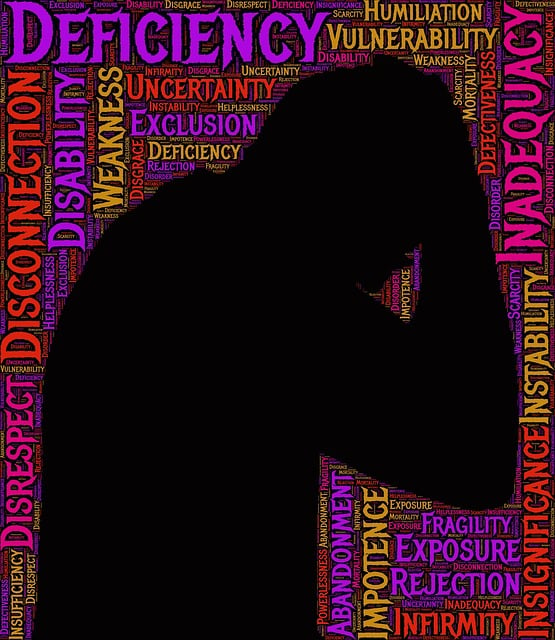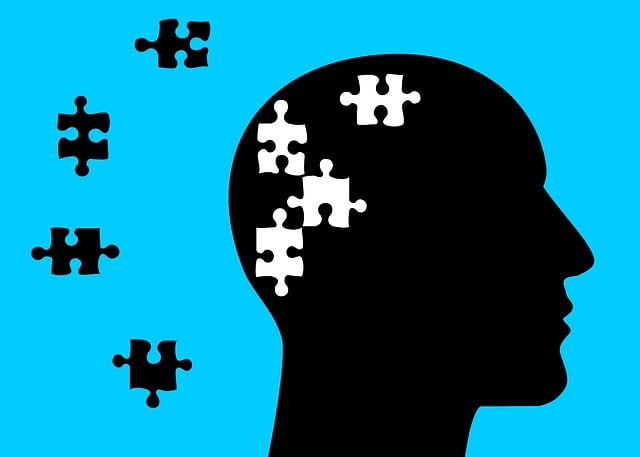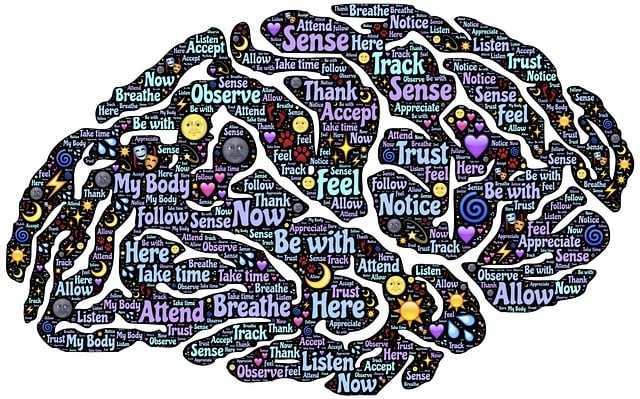Mental illness media portrayals significantly impact public perception, often perpetuating stereotypes. Longmont Cognitive Behavioral Therapy (CBT) offers an evidence-based solution, focusing on cognitive and behavioral aspects to challenge negative thoughts and promote healthy coping mechanisms. By collaborating with mental health experts and integrating CBT techniques, media can ensure accurate representations, reduce stigma, and provide valuable education, fostering a more supportive society for those with mental health issues.
In today’s media landscape, accurate representation of mental illness is more crucial than ever. This article delves into the challenges posed by stereotypical and misleading portrayals, exploring their profound impact on public perception. We present Longmont Cognitive Behavioral Therapy (CBT) as a powerful solution, offering evidence-based approaches to combat these issues. Furthermore, we outline strategies for promoting accurate media representations and emphasize the vital collaboration between media outlets and mental health professionals in fostering positive change.
- Understanding Mental Illness Representation in Media
- The Impact of Stereotypes and Misinformation
- Longmont Cognitive Behavioral Therapy: An Effective Approach
- Strategies for Promoting Accurate Portrayals
- Fostering Change: Collaboration Between Media and Mental Health Professionals
Understanding Mental Illness Representation in Media

Mental illness representation in media plays a significant role in shaping public perception and understanding of various psychological conditions. It’s crucial to recognize that media, through films, television shows, news articles, and social platforms, influences how society views mental health issues, impacting both the stigmatization or destigmatization efforts. Longmont Cognitive Behavioral Therapy (CBT) has emerged as an effective approach in addressing these challenges.
Understanding mental illness involves not just recognizing symptoms but also portraying them accurately and with sensitivity. The media has often fallen short, perpetuating stereotypes and misrepresentations. This can lead to misconceptions among viewers, affecting their attitude towards individuals struggling with mental health problems. However, Longmont CBT offers a framework for more nuanced representations by focusing on cognitive and behavioral aspects, emphasizing the importance of therapy in managing symptoms and improving emotional healing processes. Effective risk assessment tools, such as those used by mental health professionals, can further ensure responsible media portrayal while prioritizing the safety and well-being of individuals with mental illnesses.
The Impact of Stereotypes and Misinformation

The media has long played a significant role in shaping public perception about mental illness, often perpetuating stereotypes and misinformation that can have profound effects on individuals living with these conditions. Common portrayals in films, television shows, and news articles sometimes reduce complex disorders to simplistic, and often harmful, narratives. For instance, the portrayal of schizophrenia as a result of personal weakness or a spiritual curse not only misinforms but also contributes to the stigma surrounding mental health issues. These negative representations can lead to increased anxiety, fear, and misunderstanding among viewers, deterring them from seeking help for their own struggles.
Longmont Cognitive Behavioral Therapy (CBT) offers a solution to counter these stereotypes. CBT focuses on evidence-based techniques to challenge unhelpful thoughts and behaviors, fostering resilience building and promoting healthy coping mechanisms. By providing accurate information about mental health, therapy sessions can counteract misinformation and encourage empathy. Moreover, Social Skills Training within CBT helps individuals navigate social interactions with confidence, thereby reducing the isolation often associated with mental illness. These therapeutic approaches contribute to Mental Illness Stigma Reduction Efforts by empowering individuals to manage their conditions effectively while fostering a more supportive societal environment.
Longmont Cognitive Behavioral Therapy: An Effective Approach

Longmont Cognitive Behavioral Therapy (CBT) has emerged as a powerful and effective approach to addressing mental health concerns. CBT focuses on identifying and changing negative thought patterns and behaviors, offering individuals practical tools to manage their emotional healing processes. By targeting specific issues and teaching coping strategies, this therapy helps folks gain insight into their feelings and take proactive steps towards depression prevention.
The Longmont CBT method encourages active participation in mindfulness meditation as a complementary practice. Through guided sessions, individuals learn to be present with their thoughts and emotions without judgment. This practice enhances self-awareness, fostering a deeper understanding of one’s mental state. By combining these techniques, the therapy provides a holistic framework for those seeking effective support in navigating complex emotional landscapes.
Strategies for Promoting Accurate Portrayals

Promoting accurate representations of mental illness in media is a multifaceted challenge that requires collaborative efforts from various stakeholders. One effective strategy involves engaging with experts, such as therapists specializing in Longmont Cognitive Behavioral Therapy, to ensure factual and nuanced portrayals. These professionals can provide insights into specific disorders, therapeutic approaches, and the complex journey towards recovery. By integrating their expertise, media creators can dismantle stereotypes and offer a more realistic depiction of mental health struggles.
Additionally, designing Mental Health Education Programs that incorporate diverse narratives can foster understanding and empathy among audiences. These programs aim to educate viewers about different aspects of mental illness while highlighting resilience-building strategies. Cultural sensitivity is another vital aspect; recognizing and addressing cultural nuances in mental healthcare practice ensures that media representations are inclusive and relevant to a broad spectrum of viewers, fostering a more supportive and compassionate society.
Fostering Change: Collaboration Between Media and Mental Health Professionals

In addressing mental illness representation in media, fostering positive change requires a collaborative effort between industry professionals and mental health experts. Media outlets play a significant role in shaping public perception, and their responsibility extends to portraying mental health issues accurately and empathetically. By partnering with psychologists, therapists, and support groups, such as those offering Longmont Cognitive Behavioral Therapy services, the media can ensure that stories and characters with mental illnesses are depicted realistically. This collaboration can help dispel stereotypes, reduce stigma, and provide valuable mental health education programs design that resonate with audiences.
The partnership can also facilitate the development of crisis intervention guidance, ensuring that viewers have access to accurate information and resources when encountering content related to mental health struggles. Furthermore, these collaborations may inspire more nuanced storytelling, encouraging social skills training within media narratives and fostering a deeper understanding of the complexities surrounding mental illness. Such initiatives are pivotal in creating a more compassionate and informed society.
In addressing the critical issue of mental illness representation in media, we’ve explored strategies like Longmont Cognitive Behavioral Therapy that offer effective approaches. By acknowledging the profound impact of stereotypes and misinformation, it becomes evident that collaboration between media outlets and mental health professionals is key to fostering change. Through accurate portrayals and thoughtful storytelling, we can challenge existing narratives, promote understanding, and ultimately create a more inclusive and supportive society for those living with mental health conditions.














